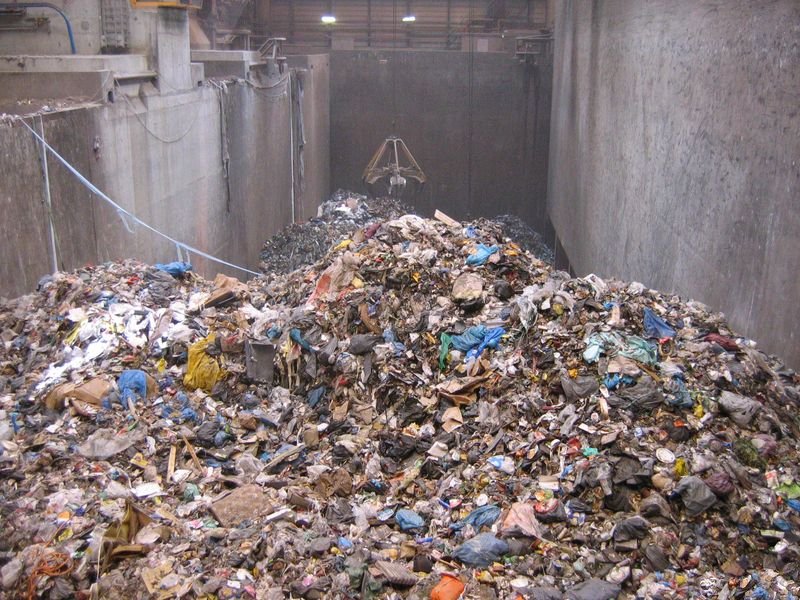
Chinese researchers want to use garbage to fuel high-tech missiles and aircraft. Is that even possible?
The scientists designed a process that could convert agricultural biowaste, plant scraps from agriculture and timber harvesting, into quality jet fuel, which may help reduce carbon dioxide emissions from airplanes and rockets.
Such a powerful aviation biofuel would enable the evolution of high-speed transport while minimizing concerns about effects on the environment. Chinese scientists believe that this fuel can be mass-produced at a price equivalent to that of some of the biofuels already in commercial use, and they rely on government subsidies provided for environmental benefits.
China has developed hypersonic missiles and is currently working on a new generation of high-technology jet fighters. A cheap but powerful fuel made from biowaste would be welcomed by the Chinese government rather than imported oil.
However, China is not the only nation working on military-grade biofuels. U.S. military research agency DARPA is currently developing a program to produce aviation fuel from algae, and cellulose derived from municipal waste.
On the other hand, demand for commercial air travel is growing and aviation holds 11 percent of greenhouse gas emissions in the United States. At the same time, faster airliners are on the horizon: NASA is working to develop a supersonic plane that is fuel-efficient and doesn’t generate an annoying sonic sound, and Chinese scientists have already conducted wind-tunnel tests of a hypersonic aircraft that they envision as the basis of an airliner that flies from Beijing to New York in a couple of hours.
According to Science Daily.
